The thought of your pet undergoing surgery is worrisome enough, not to mention the postoperative recovery period. You are likely unsure of what to expect after your pet’s surgery, or how best to care for your furry pal to help ensure a smooth, speedy recovery. When you pick up your pet after surgery, you may be too distracted to pay close attention to their discharge instructions, which may be lost in the hubbub of cooing over your pet or exclaiming over their shave job and stitches. Our Neighborhood Veterinary Centers of Nederland team understands. Therefore, after you arrive home, don’t panic about your pet’s postoperative care. Simply follow our team’s tips to help ensure you provide your pet with the postoperative TLC they need.
#1: Repeat your pet’s discharge instructions to our veterinary technician
We understand that commotion often surrounds your pet’s discharge after surgery. You may be checking out during the afternoon rush, or your furry pal may be overly excited at being reunited with you. To help cement your pet’s discharge instructions in your mind, repeat them back to the veterinary technician who gave them to you. Use this time to clear up any confusion about how to administer medications or care for the incision site, and when your pet should return for their postsurgical check.
#2: Follow your veterinarian’s instructions
Your Neighborhood Veterinary Centers of Nederland veterinarian has your pet’s best interests at heart and wants them to recover from surgery swiftly. You will receive customized discharge instructions that detail everything you need to do for your pet’s postoperative care. Follow these instructions to a T to ensure your furry pal receives the care necessary for a speedy recovery.
#3: Ensure your pet is eating and drinking
Proper nutrition and hydration are essential to your pet’s recovery after surgery. Ensure your pet eats enough calories to fuel the healing process. To entice your pet to eat early in their recovery process when they may not be feeling their best, you may need to add canned food that has a tempting aroma. Encourage hydration by ensuring fresh water is always available, and providing a drinking fountain if still water doesn’t interest your pet.
#4: Give your pet medication as prescribed
If your pet had a major orthopedic or soft tissue surgery, their recovery will likely be uncomfortable. However, do not give your pet more pain medication than what your veterinarian has prescribed, and never administer your own prescription or over-the-counter (OTC) medications, as these can be toxic to your pet. If your pet is prescribed antibiotics, give them the full course to help prevent them from developing a resistant or recurring infection. If you have any questions about your pet’s medication, or how to administer the drug, contact our Neighborhood Veterinary Centers of Nederland team.
#5: Monitor your pet’s actions and behavior
If your pet feels unwell after surgery, you will likely notice a change in their behavior. They may hide or sleep more, be irritable and grumpy, or have difficulty walking, urinating, or defecating. Any behavior or activity changes can indicate a postoperative problem that you should bring to your veterinarian’s attention.
#6: Care for your pet’s incision site as directed
Depending on your pet’s surgery and how their recovery is progressing, you may need to apply ice or heat to their incision site. Monitor the site closely to check for inflammation, swelling, or discharge. Your veterinarian may recommend your pet wear an Elizabethan collar to prevent your furry pal from licking or chewing the incision site.
#7: Limit your pet’s activity
Although your pet may feel perfectly fine after surgery, limit their activity until their incision site has healed. Depending on the procedure, your pet’s exercise may need to be restricted for a week or longer, refraining from running, jumping, or excessive activity.
#8: Provide your pet with a comfortable environment
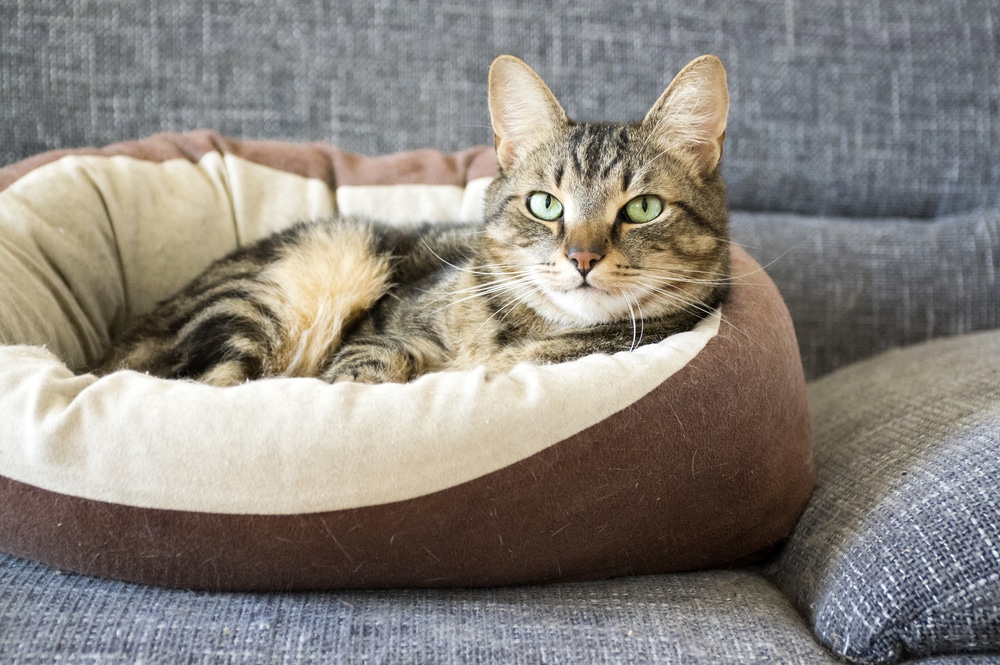
Providing a cozy resting place can help your pet recover from surgery more quickly. Ensure your pet’s bedding remains dry and clean, and check frequently to ensure it remains that way, because anesthesia’s aftereffects can occasionally cause a recovering patient to vomit, have diarrhea, or urinate where they are resting.
#9: Return as directed for your pet’s postoperative rechecks
Your pet may need to return to our hospital for a follow-up visit after surgery, so we can monitor their progress, check their incision site, remove bandages or sutures, or prescribe additional medication. These rechecks are critical to your pet’s full recovery, so ensure you bring them to every appointment.
#10: Call with questions about your pet’s postoperative recovery
Sometimes, pets have a long path to recovery after a major surgery. Our Neighborhood Veterinary Centers of Nederland team is here for you and your furry pal every step of the way, so never hesitate to give us a call regarding any questions, concerns, or problems.


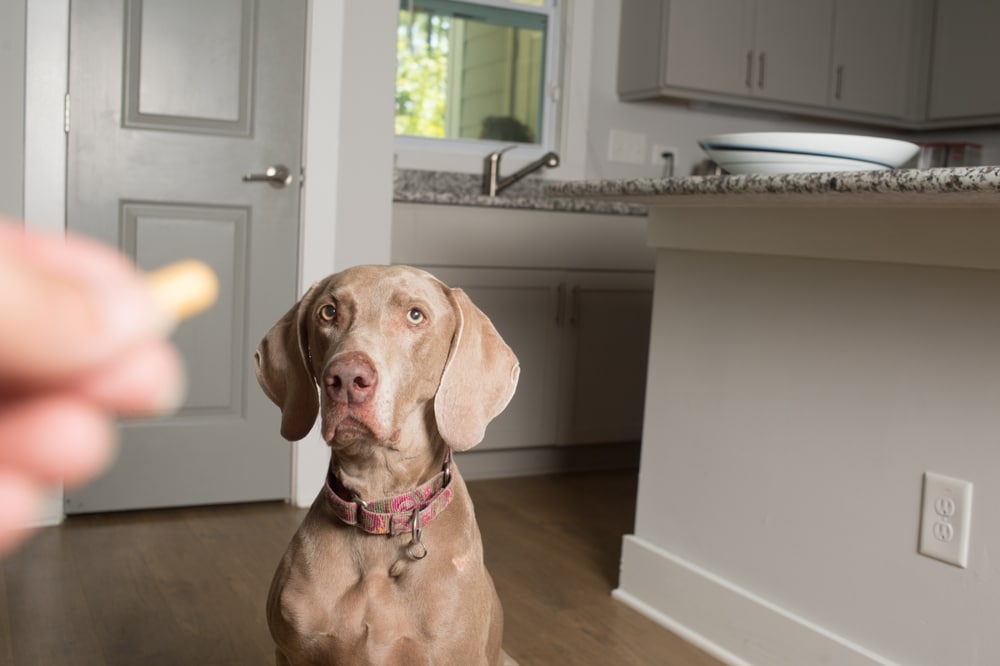
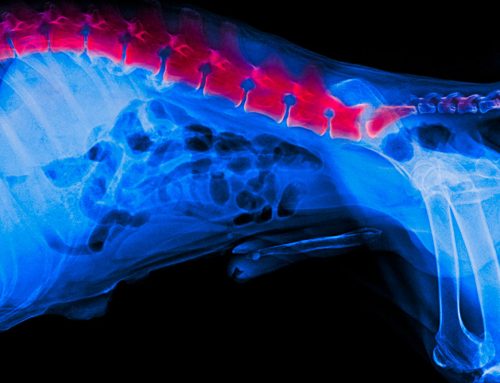
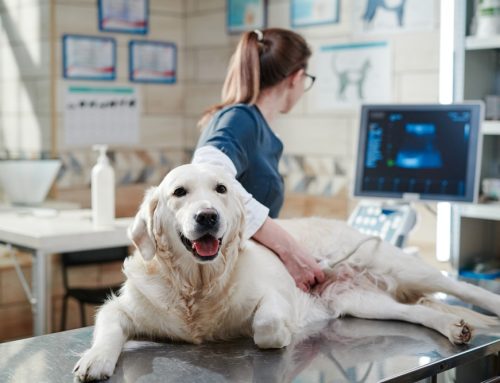
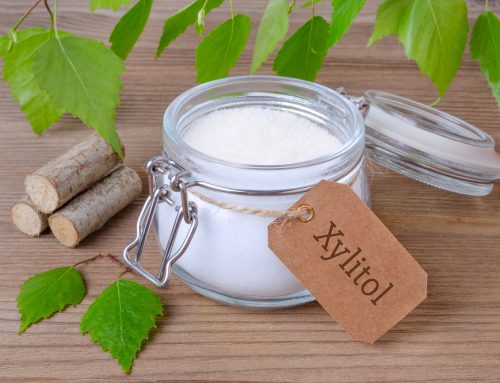
Leave A Comment